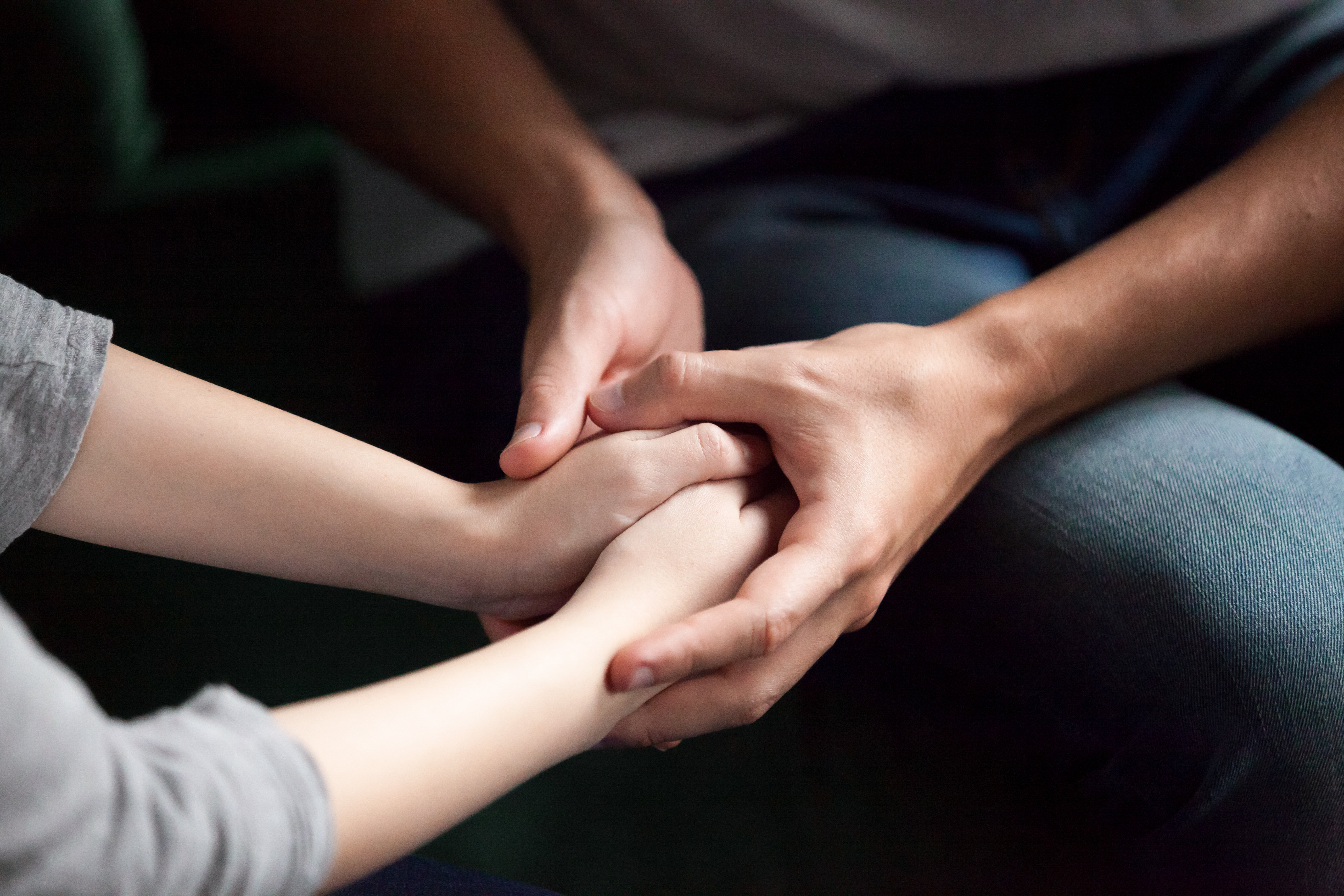
Seems like we live in an age where addictive behaviour is more pervasive than ever before. Wikipedia defines addiction as a neuropsychological disorder characterised by an intense urge to use a drug or engage in a behaviour that produces a natural reward despite substantial harm and other negative consequences. In times past, substance abuse (alcohol, amphetamines, opioids) were in the majority. But currently, behavioural addictions, such as gambling, also include things like shopping, social-media and video game addiction.
Addiction is nothing new of course, it’s been around since time immemorial, and huge advances in addiction sciences means it is now understood as a disease that changes our brain’s wiring. What hasn’t caught up with these developments, however, is the tendency for many of us to see addiction as a choice or a failing of the person’s character.
Although people are much more understanding of mental illness, this is not true about attitudes towards addiction. In a 2008 survey, two thirds of correspondents from the general public in the US agreed with the statement “Quitting is a matter of will power”.
Social stigma and negative emotions surrounding the compulsive behaviours that are behind addictions also have a long history. Because humans are such a social species, judgment and criticism seem to come as naturally as breathing and the tendency to assume addiction is evidence of a character flaw is not just a problem at the level of society, but is at the heart of problems with addiction within a couple. In other words, if addiction is seen as a moral failing in society at large, you can bet the same beliefs exist within a couple relationship where addiction has become a problem. It also means that, in general, addiction is often hidden from view within the couple because of confusion, guilt, fear, shame. It’s often something that simply can’t be talked about within the relationship.
This fact appears to be borne out in the ways addiction has historically been treated within couples therapy, which has tended to be a focus on helping the individual alone. This makes sense if we still see addiction as a choice or a character flaw. The message seems to have been that addiction treatment requires the individual with the addiction to go off and make heroic efforts with a therapist or at a rehab clinic and then come back to couples therapy when they are ‘better’. However, this is largely because of a lack of training and knowledge in treatment with couples where addiction has become a problem. They don’t have a model that includes both the relationship and the addiction.
Dr Bob Navarra, a highly experienced psychotherapist with a background working with individuals in addiction recovery, developed a model of Couples Recovery (Couple Recovery Development Approach). He then became a Certified Gottman Therapist and with the help of Drs John and Julie Gottman, integrated Gottman Method Therapy with his Couple Recovery Development Approach. The focus of his model of addiction recovery is to deal with three recoveries simultaneously: the individual with the active addiction, their partner and the relationship itself.
Couples research has shown that couples so often struggle to communicate about the inevitable problems they face in life. John Gottman’s research found that 69% of what couples argue about are perpetual or unresolvable issues. What that means is couples very often lack the skills needed to talk about their problems in a way that actually helps them feel more understood, to create a space between them of emotional intimacy where they can share each other’s fears, hurts, dreams and joys. Because they don’t have those skills, couples end up not sharing their vulnerabilities. Because addiction is such a loaded issue for society and couples in general, of course, it would be something they might feel unable to deal with. Growing evidence seems to be, however, that addiction recovery is far more likely to succeed if the couple does it as a problem they share together.
As articulated by Dr Bob Navarra, the goals of couple addiction recovery (CAR) are to:
- Identify problematic and high risk substance use and substance use disorders;
- Navigate the challenging road from active addiction to recovery;
- Improve conflict management skills;
- Learn the difference between ‘codependency’ and ‘interdependence’ and how to identify and set appropriate boundaries;
- Develop a relationship recovery, while supporting their partner’s recovery and strengthening their own individual recovery; and,
- Heal from the aftermath of addiction and move toward wellness
If you are interested in learning more about couples and addiction Gottman Clinical Couples therapy training is a great place to start.
Join Campbell along with John Flanagan in person at his Gottman Level 1 training in Canberra (14 and 15 November 2024) to begin your learning journey.
